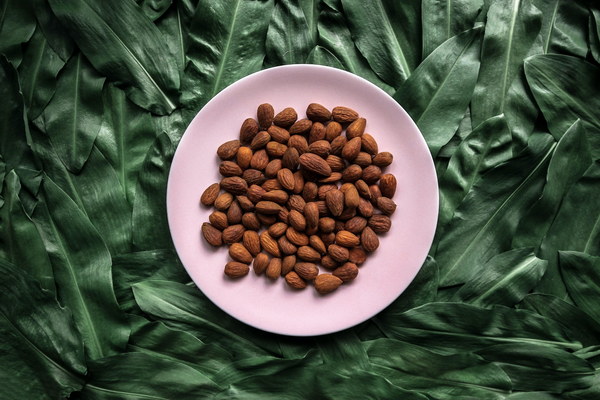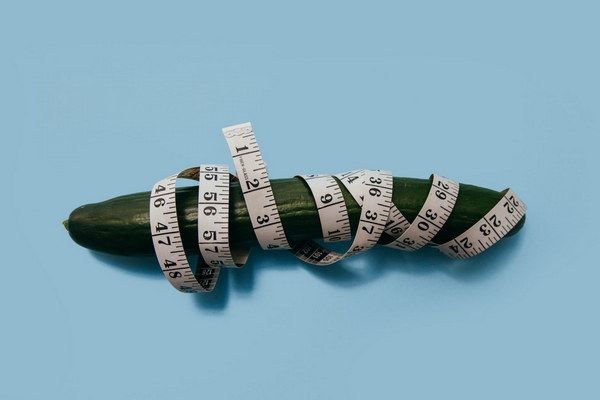The Benefits of Diet Therapy for Hypertension A Nourishing Approach to Heart Health
Hypertension, commonly known as high blood pressure, is a prevalent health condition that affects millions of people worldwide. While medication plays a crucial role in managing hypertension, diet therapy has gained significant attention as a complementary approach to improve heart health. This article explores the benefits of dietary interventions in managing hypertension and how a well-balanced diet can contribute to a healthier life.
1. Reduced Blood Pressure Levels
One of the primary benefits of diet therapy for hypertension is its ability to lower blood pressure levels. Foods rich in potassium, calcium, and magnesium are known to help relax blood vessels, leading to reduced blood pressure. Incorporating fruits like bananas, oranges, and avocados, leafy greens such as spinach and kale, and dairy products like milk and yogurt into your diet can help achieve this goal.
2. Improved Heart Health
A diet tailored to lower hypertension can also improve heart health. Foods that are low in saturated and trans fats, cholesterol, and sodium can help reduce the risk of heart disease and stroke, which are common complications of hypertension. Including whole grains, lean proteins, and healthy fats in your diet can promote a healthy heart.
3. Weight Management
Obesity is a significant risk factor for hypertension. By adopting a diet therapy for hypertension, individuals can achieve and maintain a healthy weight. A well-balanced diet that focuses on portion control, calorie reduction, and the consumption of nutrient-dense foods can aid in weight management and reduce the risk of hypertension.
4. Enhanced Blood Sugar Control
Hypertension is often associated with insulin resistance and type 2 diabetes. A diet therapy that emphasizes whole foods, fiber, and low-glycemic index foods can help regulate blood sugar levels, reducing the risk of developing diabetes. Foods like whole grains, legumes, and non-starchy vegetables are excellent choices for maintaining stable blood sugar levels.
5. Improved Overall Well-being

Following a diet therapy for hypertension can lead to improved overall well-being. Foods rich in antioxidants, vitamins, and minerals can boost the immune system, enhance energy levels, and improve mood. Additionally, a balanced diet can help reduce stress and inflammation, which are known to contribute to hypertension.
6. Cost-effective Solution
Compared to medication, diet therapy for hypertension is a cost-effective solution. By focusing on nutrient-dense, whole foods, individuals can achieve significant improvements in their health without the need for expensive medications. Furthermore, making lifestyle changes such as adopting a healthy diet can lead to long-term cost savings on healthcare expenses.
7. Customizable to Individual Preferences
Diet therapy for hypertension can be tailored to individual preferences and dietary restrictions. Whether you follow a vegetarian, vegan, or gluten-free diet, there are numerous options available to meet your nutritional needs while managing hypertension. Consulting with a registered dietitian can help you develop a personalized diet plan that suits your preferences and health goals.
In conclusion, diet therapy for hypertension offers numerous benefits, including reduced blood pressure levels, improved heart health, weight management, enhanced blood sugar control, improved overall well-being, cost-effectiveness, and customization to individual preferences. By incorporating a balanced diet rich in fruits, vegetables, whole grains, lean proteins, and healthy fats, individuals can effectively manage hypertension and promote long-term heart health.









